Organ donation on rise in Australia, as DonateLife marks Thank You Day
Mark Stevens was on the brink of receiving a kidney transplant when he tragically died, instead becoming a donor himself. On Thank You Day, his loving family share his story.
National
Don't miss out on the headlines from National. Followed categories will be added to My News.
More Australians are selflessly donating their organs, with the latest figures – released on DonateLife Thank You Day – showing an 8 per cent jump in deceased donors annually.
Among the 397 people to give the gift of life this year was a donor aged in their 80s.
And more than a third (123) have come from Victoria, despite it having the lowest proportion of registered eligible donors of any state at 23 per cent. NSW had the next most deceased organ donors so far this year (99), followed by Queensland (72), South Australia and Western Australia (both 34), and Tasmania (22).
Their generosity has led to 1000 Australians receiving lifesaving transplants, including 40 people who gained more than one organ.
In 2023, a total of 1396 Australians received transplants from 513 deceased donors, reflecting annual increases of 14 per cent and 13 per cent respectively.
Organ and Tissue Authority chief executive Lucinda Barry said Australia’s transplantation and donation levels had almost fully recovered from severe Covid-driven shortages.
“If we can continue to increase our donation rate, we will increase the number of people who receive a transplant,” she said.
FIND OUT MORE: Behind the scenes of the lifesaving organ donation process
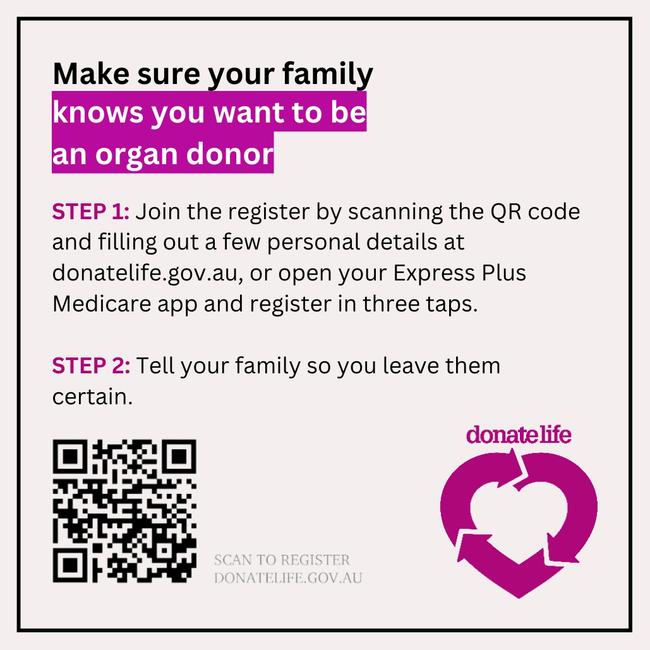
She said concerted efforts to grow community awareness of the importance of organ donation and increase the presence of dedicated DonateLife nurses in hospitals were paying off. Donation specialist nurses supported 84 per cent of Australian families who were asked to consent to a loved one becoming a donor last year.
Ms Barry said the OTA was striving to get 50 per cent of Australians aged 16-plus registered by 2027. The current figure is 36 per cent.
This would require the introduction of “quick and easy mass registration channels”, she said – in particular, allowing all Australians to register by ticking a box on driver’s licence application and renewal forms.
This is a reality only in South Australia, which has the nation’s highest registration rate at 73 per cent.
Queensland recorded a flurry of new registered donors this year, after the government added a link to the registration website to driver’s licence and vehicle registration renewal forms.
But Ms Barry said SA’s more direct process was the “optimal way” to boost registrations.
“Everyone aged 16-plus can register,” she said. “Your age or how healthy you are doesn’t matter – a person in their 80s was able to donate again this year.”
An equally important step is to tell your family you want to be a donor, as families are always asked for their consent.
Ms Barry said Thank You Day, observed on November 17, provided an opportunity to acknowledge donors and their families who, by saying yes to donation, “are saving a life”.
“At one of the worst times in their life, these families have thought about not wanting somebody else to go through the thing they’re going through (in losing a loved one),” she said.
“It’s really important that we have a day where we reflect, and thank those people.”
All Australians aged 16-plus can and are encouraged to register as organ donors via donatelife.gov.au or the Express Plus Medicare app.
Awesome memories of a dad and a beloved teacher
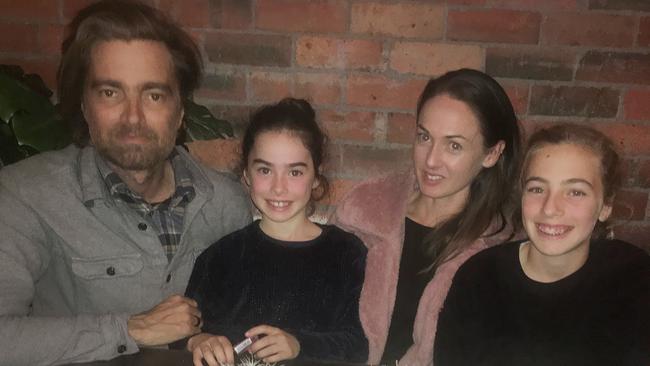
Mark Stevens cruelly went from being an imminent organ recipient to a donor “in the blink of an eye”.
The beloved teacher from Bendigo, Victoria, had been inundated with volunteers after his kidney condition deteriorated to a point where he needed a transplant.
One of them – a close friend – had panned out, allowing him to enter the Australian Paired Kidney Exchange in 2019. But the 39-year-old suffered a significant seizure and died soon afterwards, leaving behind wife Lauren and daughters Pearl, now 19, and Frankie, now 14.
When asked to consent to her husband becoming a donor, Mrs Stevens didn’t hesitate.
“In the blink of an eye, you’re on the other side of the coin,” Mrs Stevens said. “But (consenting to donation) wasn’t even a discussion. It was the most right thing to do.”
Mr Stevens had lived with kidney disease focal segmental glomerulosclerosis for 10 years. He attended dialysis for part of that time, often accompanied by his loving family.
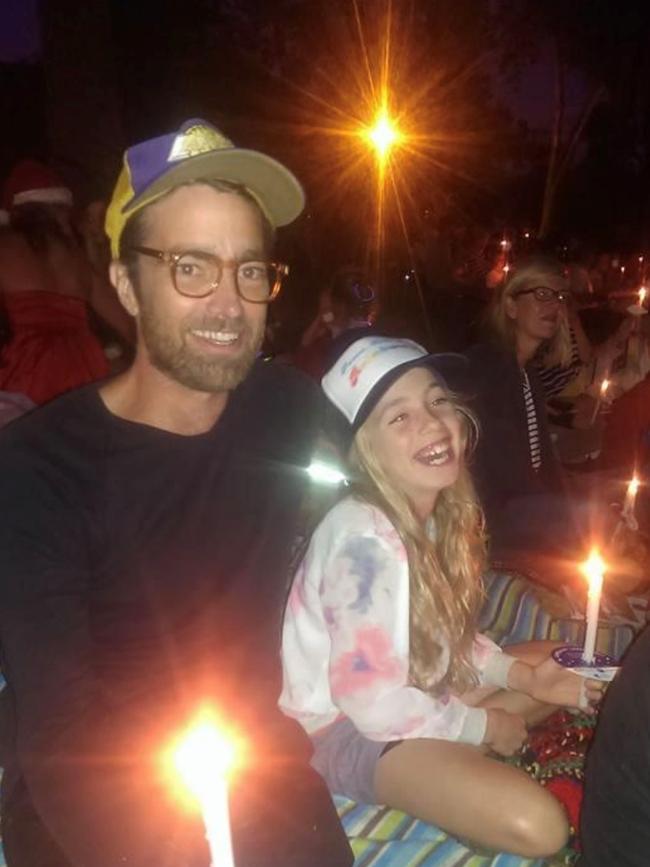
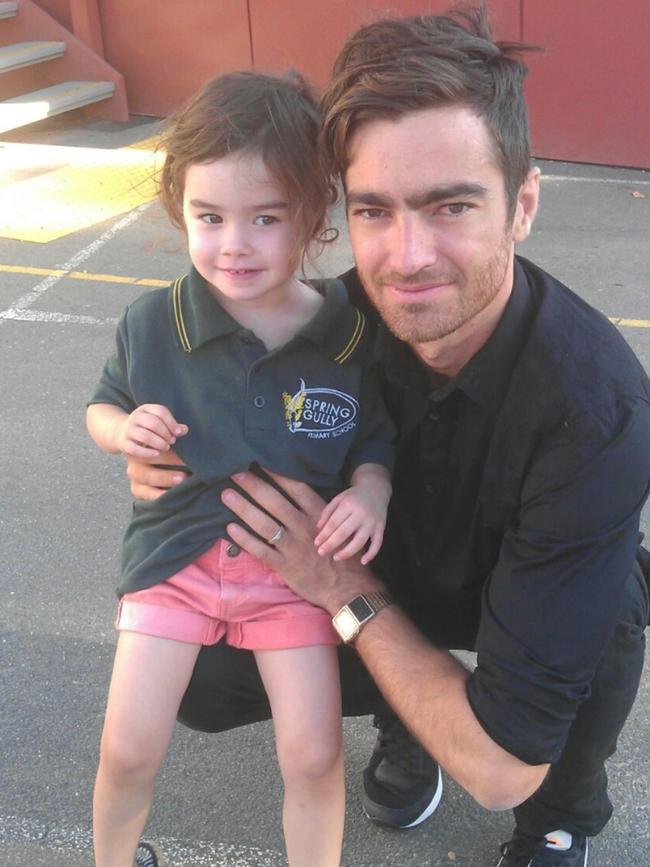
His legacy looms large five years after his passing – over his daughters and workplace, Spring Gully Primary School.
Such was Mr Stevens’ impact that the school renamed its motto his favourite catchphrase, “Be awesome!” and introduced “Be awesome day”, for which students dress in bright colours, participate in a colour run and host a big fete.
“That’s what he used to tell his students, and our daughters all the time – be awesome,” Mrs Stevens said.
“He was the most incredible dad. He was unwell, but he would never let that get in the way. Pearl was lucky enough to have him as her teacher for a couple of years.
“There’s so much of him in them.”
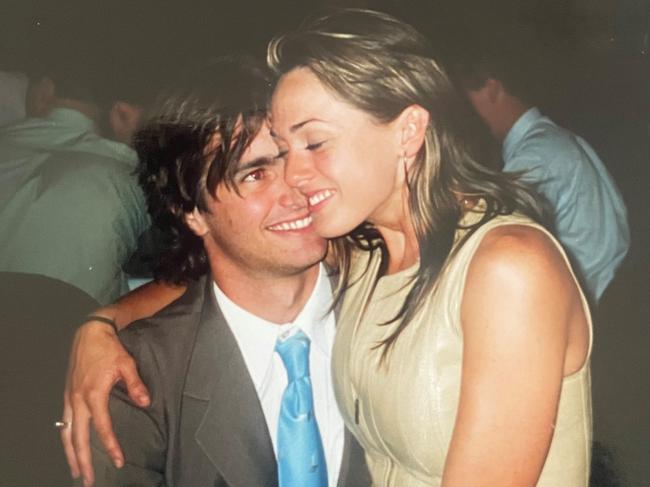
Mrs Stevens hopes her husband’s generosity will inspire Australians to take the one minute required to register as organ donors via donatelife.gov.au, and then tell their family their wishes.
“As much as I knew Mark’s wishes, when you’re faced with (having to consent to donation), it’s confronting,” she said. “But if you’ve had that conversation with your family members and they know that is what you want, that’s all the matters.
“To people who are unsure, I would say, ‘if your loved one needed the transplant to survive, would you take that organ?’ Of course you would.”
For Mrs Stevens, DonateLife’s Thank You Day is “really beautiful recognition of the gift of life, and what our beautiful family members who aren’t with us anymore have done for other people, for strangers”.



